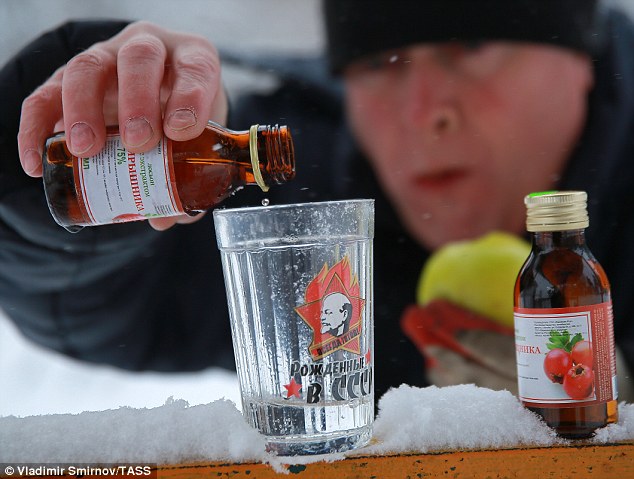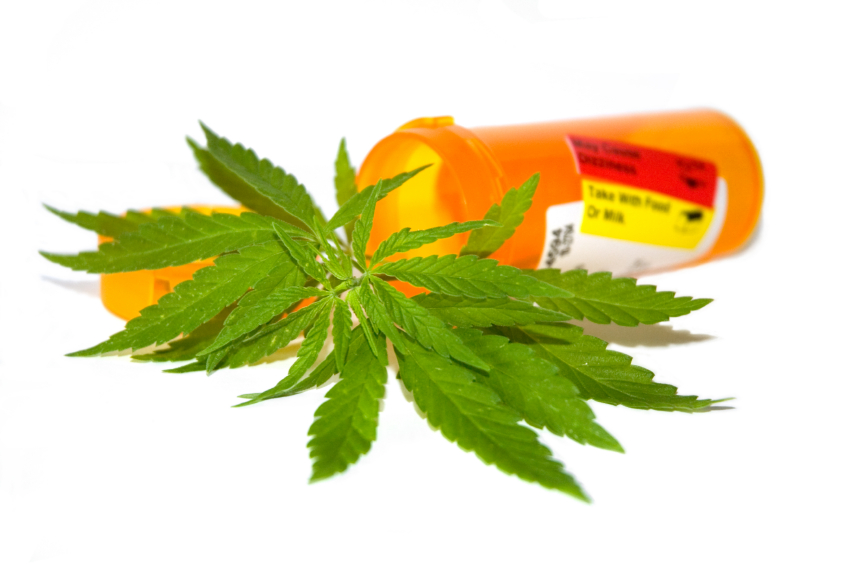There’s plenty of news coming of late from Russia acknowledging a serious problem with COVID-19. That in itself is no surprise, given a nation of almost 150 million people and a 2600 hundred mile border with China, the origin point for the pandemic. Still, the Russian regime has a history of playing down such problems, and seemed to be doing just that during the early months.
That’s a bad habit of autocratic governments: seeking to address problems by suppressing the flow of accurate information to the public. I’m not confident that isn’t still going on, given a long tradition of same. But apparently the situation in Moscow, an overcrowded metropolis of some 13 million people comparable to New York, has made it extremely difficult to pull off.
Too many leaks in the bottom of the boat.
Not coincidentally, the stress of the pandemic appears to have led to an escalation of Russia’s most enduring health problem – chronic alcoholism. An update:
In Pandemic’s Grip, Russia Sees Spike in Age-Old Bane: Drinking
For background, here’s a helpful piece from The Moscow Times, published back in 2014. Things sound awful, especially among Russian men. For instance, I had no idea the life expectancy of a Russian male was down to 62 years (versus 74 for females). Here’s the link:
Russia’s leadership should get credit for a longstanding, and in many ways successful, campaign to curb habitual heavy drinking. It began under Gorbachev and has continued since, through changes in regime. I recall a joke making the rounds about the Soviet health minister who came home unexpectedly to find his wife in bed with another man. He runs from the bedroom in horror, leaving the adulterers confused. “What’s he so upset about?” one complains. “We’re not drinking.”
“….Most recent official statistics,” the NY Times states, “showed Russians consuming about one-third less alcohol per year than they did in 2003.” Commendable if true — we are dealing with official government figures, after all.
No surprise that with the increase in drinking, alcohol-related problems have soared. Domestic violence, for example. I’m told that’s on the rise everywhere, including here in the US.
Advocates have been urging the government to impose strict limits on the hours when liquor can be sold, as a temporary measure. But Russians, like Americans, tend to view the liquor store as an essential business.
No doubt we’d see vigorous protests if it went on too long.













